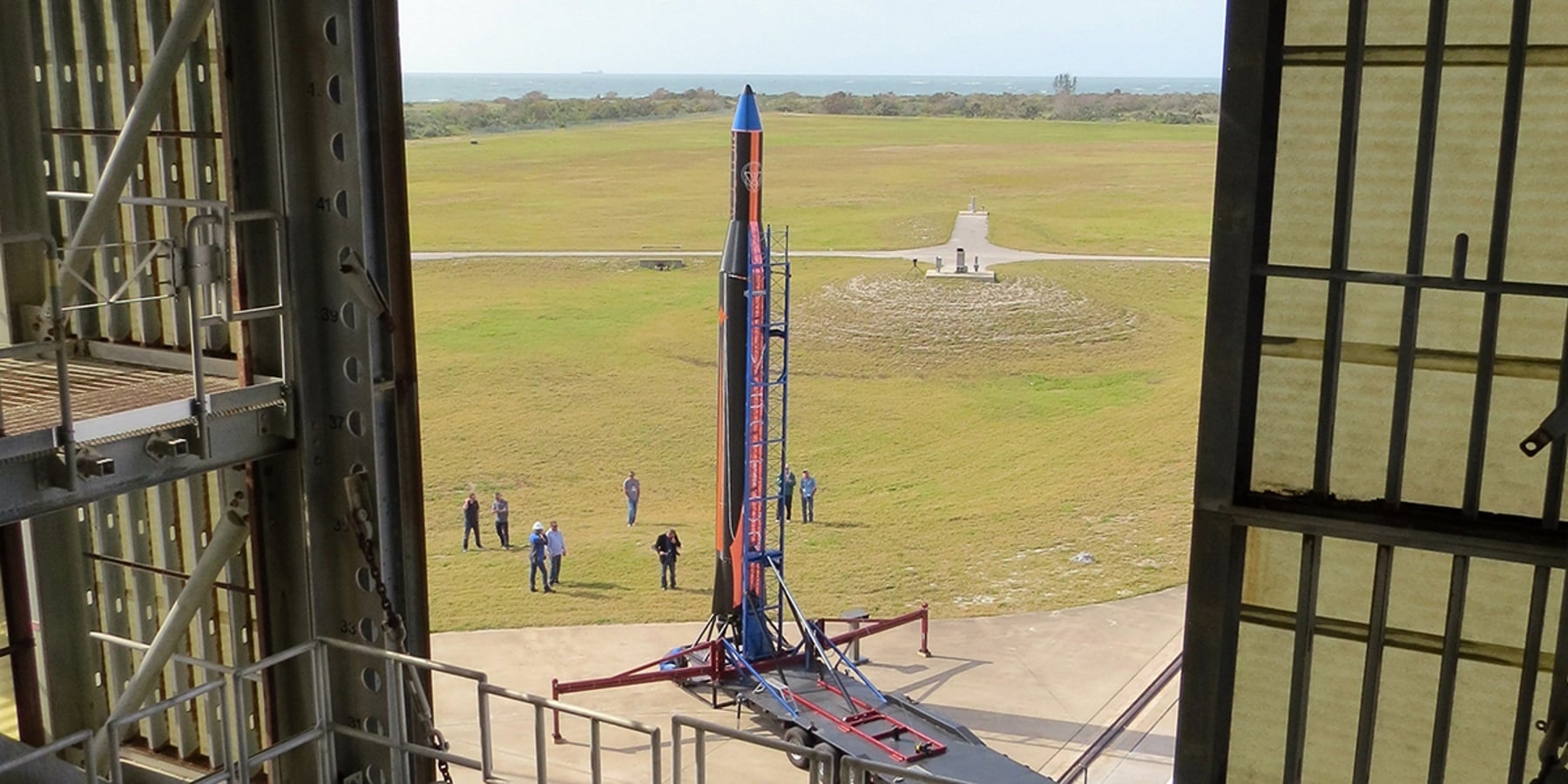The federal tax overhaul plan no longer includes an extension of a deadline for Georgia Power to receive tax credits for its controversial nuclear expansion project.
Like us on Facebook
The nuclear production tax credit, as it stands now, requires new reactors to be in service by the end of 2020. Georgia Power expects the Vogtle reactors to be completed after that date.
“Although not included in the compromise bill, extension of production tax credits continues to receive bipartisan endorsement,” said Jacob Hawkins, a Georgia Power spokesman. “We continue to actively support legislation that would allow the Vogtle project to continue to qualify for advanced nuclear production tax credits if the units are placed in service after Jan. 1, 2021.”
Nuclear industry analysts say there’s still some chance the deadline on the tax credits could be extended in the future.
Tim Fox is with the research firm Clearview Energy Partners.
“If the nuclear credit is not included in the tax reform package, we expect discussion of a tax extenders package. If the tax extenders package also fails, we could consider seeing the provision passed on its own,” he said.
Georgia Power has said the tax credit extension is one of three things it needs to complete two reactors at Plant Vogtle.
Another one is payments from Toshiba. Those came through on Thursday.
Toshiba paid nearly $3.7 billion dollars to Georgia utilities. The Japanese company had promised the money to cover debt from its now-bankrupt subsidiary, Westinghouse.
Westinghouse was the lead contractor building two nuclear reactors at Plant Vogtle, which is near Augusta. The company’s bankruptcy drove costs on the nuclear expansion higher and pushed the timeline for completion back.
Now, Georgia Power says the reactors will be complete in 2022, five years behind schedule, and the expansion will cost at least $22 billion. Georgia Power owns 45.7 percent of the project.
Toshiba promised Georgia Power and the other owners it would cover billions in dollars owed to them by Westinghouse. It’s now paid off. Georgia Power says the payments will go towards reducing the overall cost of the project.
The other requirement Georgia Power listed was additional loan guarantees from the U.S. Department of Energy, which the agency has said it will do.
Next week, Georgia regulators will vote on whether to allow construction to continue on the controversial project.
WABE’s Sam Whitehead contributed to this report.









